Showing 16-30 of 63 results

Health Lab
A new collaborative study, examined the interaction between three naturally occurring gases — nitric oxide (NO), oxygen, and H2S — during generation of new blood vessels, called angiogenesis.

Health Lab
How lipid mediators -- potent regulators of the immune response after an injury -- varied with the acute loss of a large volume of skeletal muscle, also known as volumetric muscle loss (VML) is the focus of new research from the University of Michigan.
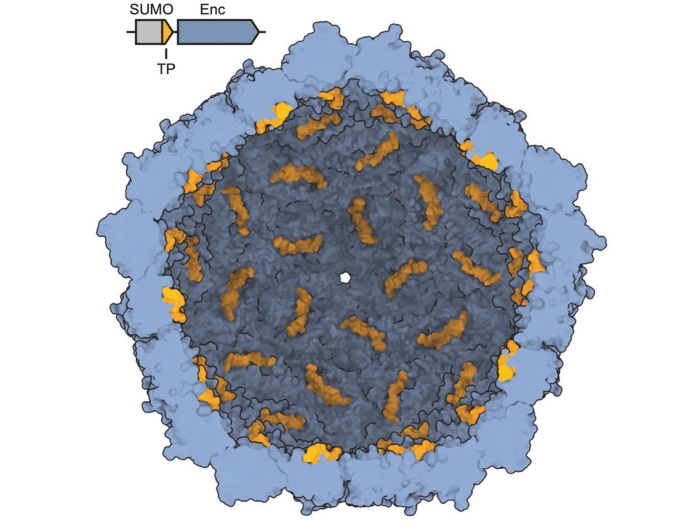
Department News
The Giessen lab publishes a research article in Nature Communications.
Department News
An article about a program to promote faculty diversity co-authored by Ruma Banerjee and two research articles by Banerjee lab members and their U-M collaborators have come into view this week.

Health Lab
Many women don’t get cervical cancer screening such as Pap tests, or don’t go for follow up diagnostic tests; a new study shows what could happen if all of them did.

Health Lab
People in their 80s and 90s with cognitive abilities similar to much younger people, called super agers, are taking part in a national study of their brain health.
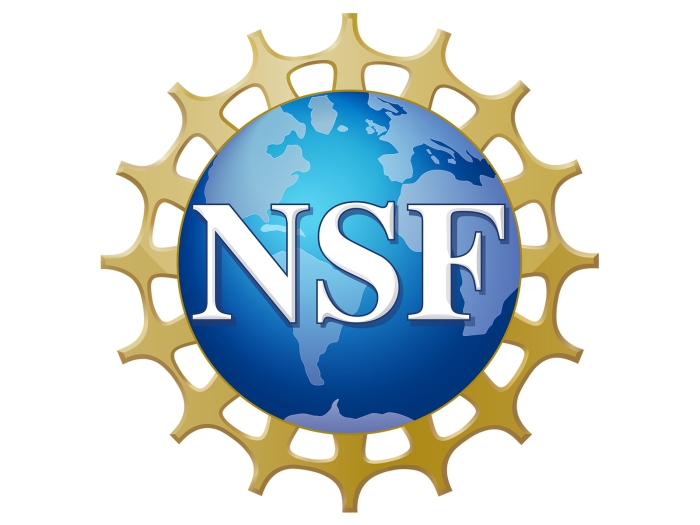
Department News
Assistant Professor Yan Zhang of the Department of Biological Chemistry at U-M Medical School is the recipient of an NSF CAREER award.

Health Lab
How do ageism and positive age-related experiences differ for people who have tried to look younger, or feel they look younger, than they actually are? A new study examines this and the relationship with health
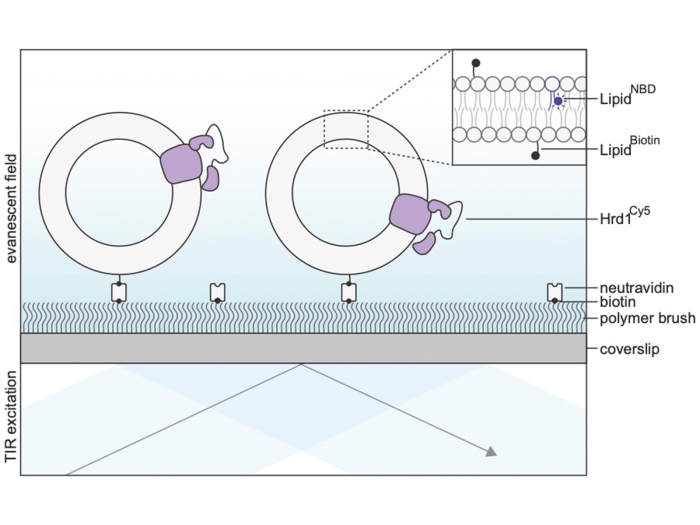
Department News
PhD student Basila Moochickal Assainar is the first author of a research article in Nature Communications.

Health Lab
Therapies for pain conditions like fibromyalgia provide clues for helping those with long COVID-19
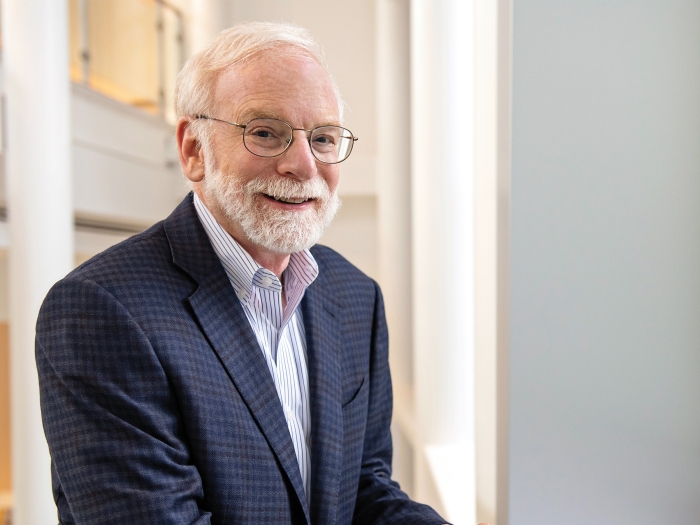
Health Lab
Founding Rogel Cancer Center Director reflects on how cancer evolved from ‘the least scientific discipline’ to a shining example of how basic research discoveries can change clinical care.

Health Lab
New findings about the impact of IV ketamine on treatment resistant depression add more fuel to the potential for broader use and insurance coverage.
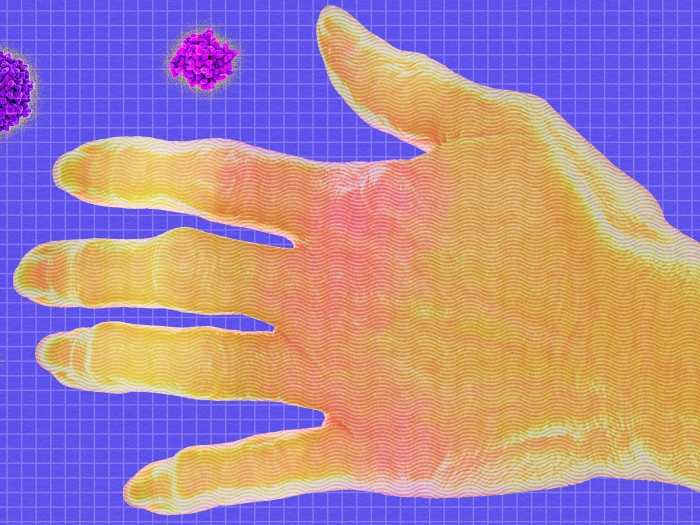
Health Lab
New study has identified an enzyme contributing to systemic sclerosis.

Health Lab
Bacteria in the mouth may play a role in survival from idiopathic pulmonary fibrosis (IPF).
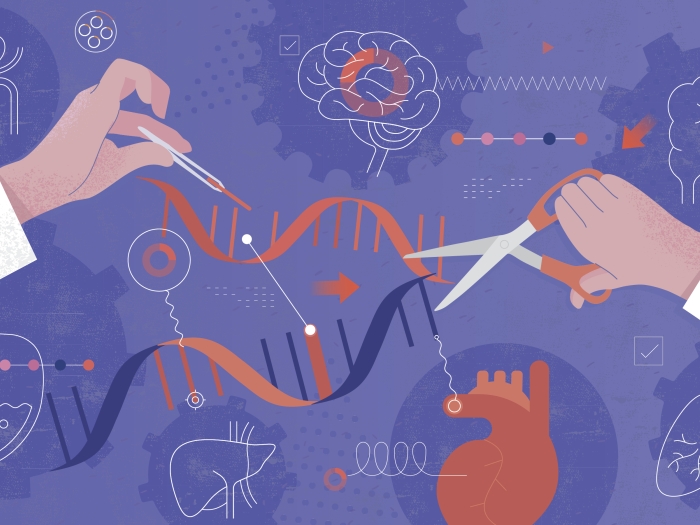
Health Lab
A study from the University of Michigan Medical School developed off-switches useful for improving the safety of the Type I-C/Cas3 gene editor.